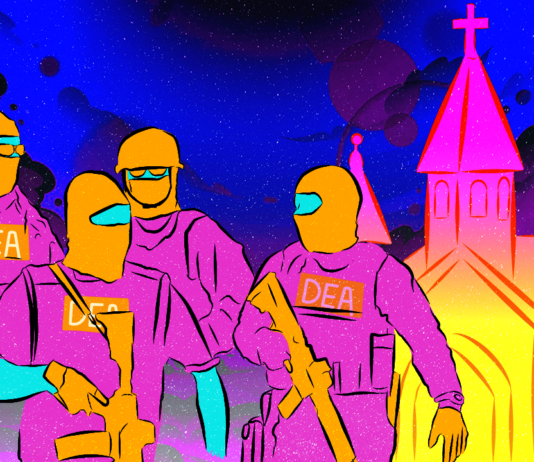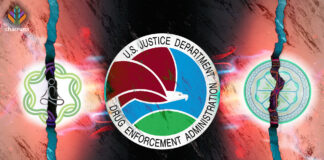House Veterans’ Affairs Committee Hearing on Veteran Suicide Prevention
Martin R. Steele, Chief Executive Officer of Reasons for Hope, writes on behalf of the Veteran Mental Health Leadership coalition to the House Veterans' Affairs Committee to recommend increased funding for psychedelic-assisted therapy for Veteran suicide prevention. They recommend four actions to be taken by the committee.
Why Colorado’s Natural Medicine Health Act is the Right Measure to...
Sean McAllister responds to Matthew Duffy’s criticism of Colorado’s Natural Medicine Health Act. McAllister cites provisions for grass-roots providers and more egalitarian rules, with low-income people’s access a priority.
Letters in Support of the Right to Try Clarification Act and...
These documents show exchanges between members of the Veteran Mental Health Leadership Coalition (VMHLC) and government groups which discuss the support of the Right to Try Clarification Act and the possibility of establishing an inter-agency taskforce on the proper use and deployment of psychedelic medicine and therapy for addressing the current mental health crisis among veterans and the public.
Decriminalize Nature Targets Peyote: Drug Reform or Settler Colonialism?
This article by Bia Labate and Kevin Feeney explores problematic actions taken by Decriminalize Nature (DN), in regards to the peyote cactus, in their efforts to build a political movement to decriminalize various psychedelic plants and fungi. DN continues to ignore the voices and requests of Native Americans who are being directly affected by this effort.
Cactus Conservation Institute Clarification Note about Decriminalize Nature Claims
In light of recent claims made by Decriminalize Nature (DN), the Cactus Conservation Instititute (CCI) would like to clarify that they as an organization are not aligned with DN or any other political organizations. The links to the articles and claims referred to can be accessed in this note.
Policy and Legal Considerations for Religious and Community Use of Psilocybin...
As Oregon furthers the process of Psilocybin use under Measure 109, there have been a lot of concerns and criticisms surrounding the framework of this act. This article addresses many of those concerns and specifies proposed precautions the framework will take in order to ensure accessibility and safety.
The Navajo Nation to Protect the Sanctity of Azeé – Peyote...
MEDIA CONTACTSAlray Nelson, Communications Director Kyron Hardy, Public Information Officer Kolton Nephew, Legislative Staff Writer E-mail: [email protected] Phone: (928) 565-0440
FOR IMMEDIATE RELEASE: May 26,...
Statement Regarding the Oregon Health Authority’s Notice of Proposed Rulemaking Submitted...
A Statement of Concerns from the Psychedelic Bar Association regarding the proposed regulations governing the Oregon Psilocybin Service Act.
The Oregon Model: Origins and Inspirations
This is the speech address given by Thomas Eckert for the Horizons conference in New York City in 2021. He speaks on Measure 109, his participation on the Oregon Psilocybin Advisory Board, and his late wife Sheri Eckert who was also an advocate and inspiration in the fight to decriminalize psilocybin mushrooms in Oregon.
New Ayahuasca Legal Developments in the US: Soul Quest and Arizona...
This article provides an update on two separate cases in U.S. federal court involving the religious use of ayahuasca—one in Florida brought by Soul Quest and one in Arizona brought by the Arizona Yagé Assembly. Both organizations are suing the DEA to vindicate their religious rights. Chacruna’s Council for the Protection of Sacred Plants reflects on the status of both cases in facing these blatant injustices and how they might impact other organizations using ayahuasca as a sacrament.














